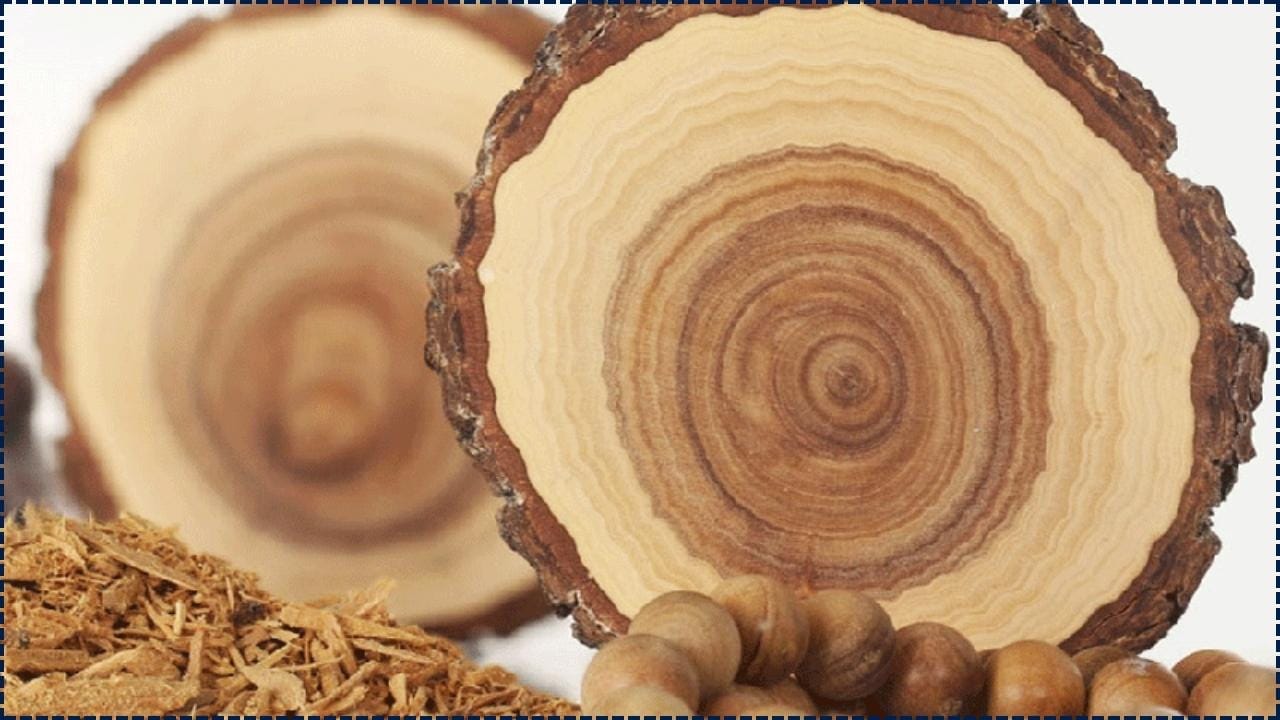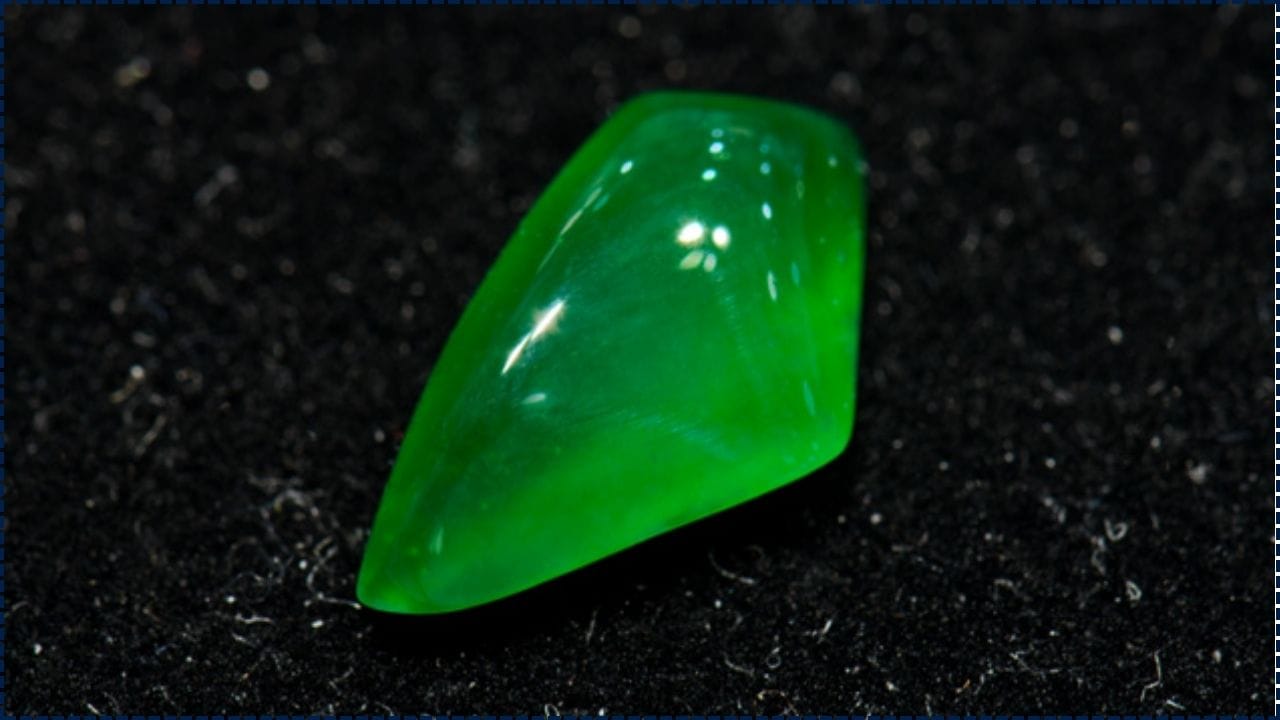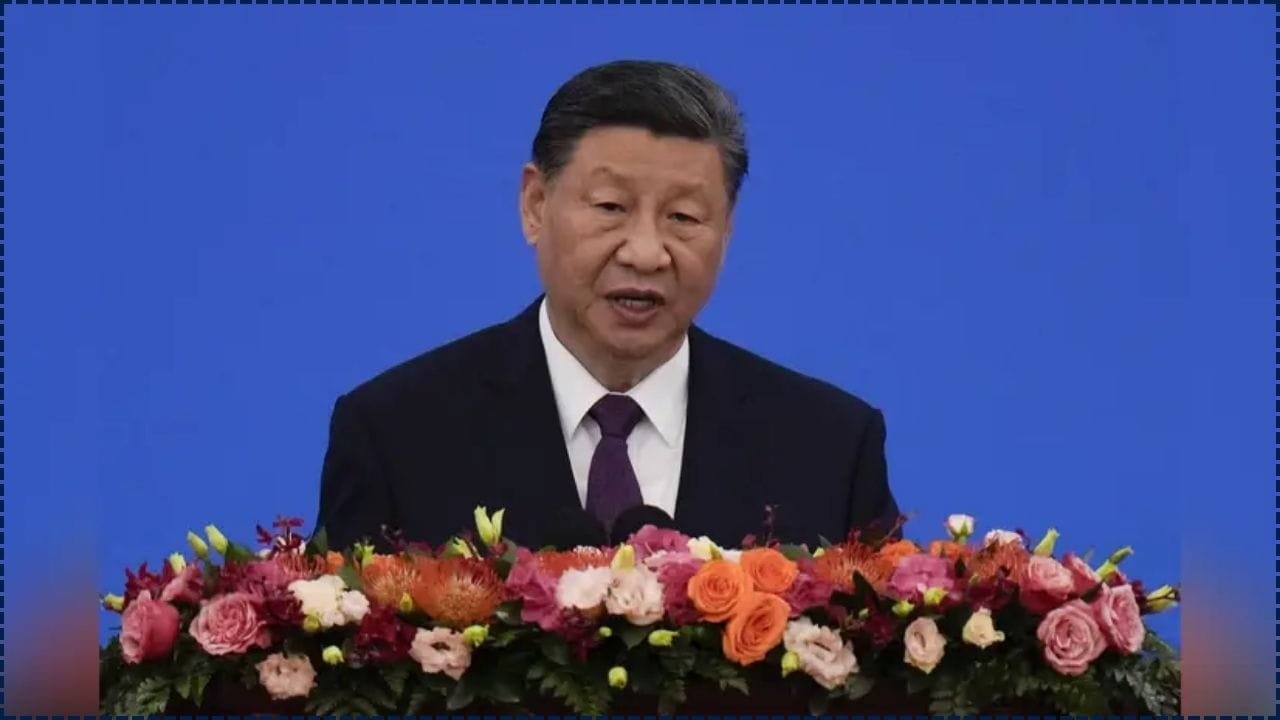This topic might truly surprise you and challenge what you thought you knew about valuable materials! While gold has always shone brightly in our culture and finance, there are actually elements out there that are far more rare, more exotic, and yes—much, much more expensive!
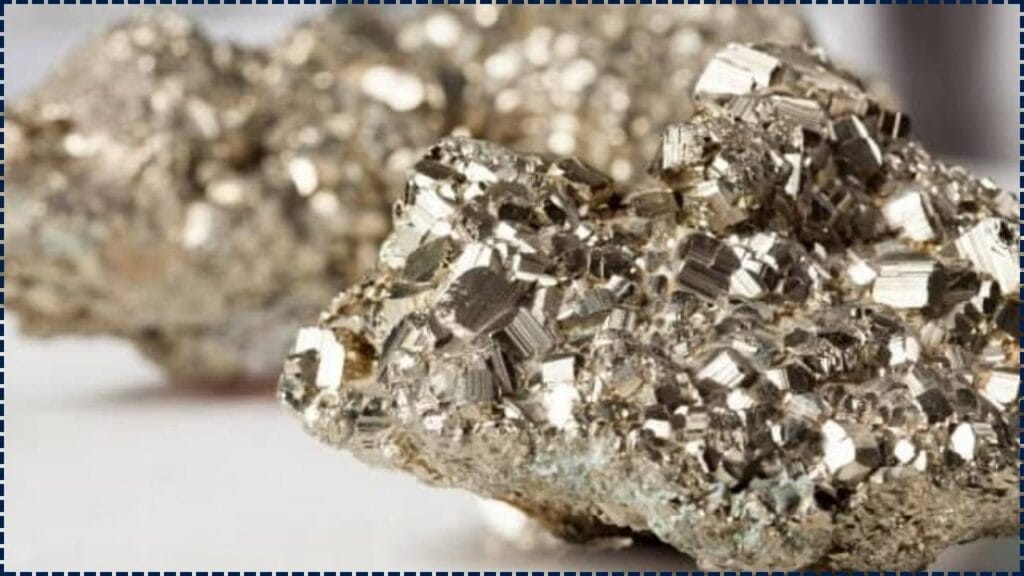
Imagine elements like californium, which can be priced in the millions per ounce, or metals like rhodium and iridium, which are currently trading well above gold. These incredible materials are not just rare; they pack immense power and prestige, often due to their unique properties that make them essential in cutting-edge technologies and critical industries. This reminds us that true value can be found in unexpected places, and that some of Earth’s greatest treasures are often hidden in plain sight, serving vital roles in shaping our modern world.
In Native American teachings, we honor what the Earth offers—from turquoise to sacred copper. Today, we look at elements that Earth barely gives up—tiny treasures that fuel technology, medicine, aerospace, and science.
Most Valuable Elements in the World
| Element | Approx. Price | Why It’s Valuable | Main Uses & Career Paths |
|---|---|---|---|
| Californium-252 | $750 million per ounce | Synthetic, rare, radioactive neutron source (boldpreciousmetals.com) | Nuclear research, cancer treatment—nuclear physicists, radiologists |
| Rhodium | $4,600–6,000 per ounce | Scarcest PGM; vital for catalytic converters (magerial.com) | Automotive engineers, jewellers, chemists | |
| Iridium | $4,000–5,000 per ounce | Ultra-dense, heat-resistant PGM | Aerospace engineers, electronics experts | |
| Palladium | $1,000–3,000 per ounce | Key in automotive emissions control. | Environmental engineers, auto industry professionals | |
| Platinum | ~$1,000 per ounce | High demand in jewelry and industry | Chemical engineers, luxury goods makers | |
| Osmium | $10,000–15,000 per kg (~$300–450/oz) | Densest element; industrial niche uses (noahchemicals.com) | Industrial designers, lab technicians | |
| Rhenium | $2,800–10,600 per kg (~$80–300/oz) | Rare byproduct; vital in jet engine alloys | Aerospace engineers, metallurgists | |
| Gold | ~$1,900–2,300 per ounce | Cultural mainstay, investment stable | Investors, central bankers, jewelers |
This journey into the most valuable elements in the world—those that actually surpass gold in price—reveals a truly fascinating intersection of rarity, cutting-edge science, and profound responsibility. These incredible materials are not just curiosities; they show up everywhere, from specialized workspace labs where groundbreaking discoveries are made, to vast aerospace hangars where the future of flight is built, and even in sophisticated investment offices around the globe.
These tiny atoms demonstrate just how much impact they can have on our daily lives and on the health of our planet. This understanding calls on us to be responsible custodians of Earth’s resources. In Dehradun, and indeed worldwide, recognizing the value and scarcity of these elements encourages us to think about sustainable practices, ethical sourcing, and the wise use of all our planet’s gifts for the benefit of current and future generations.
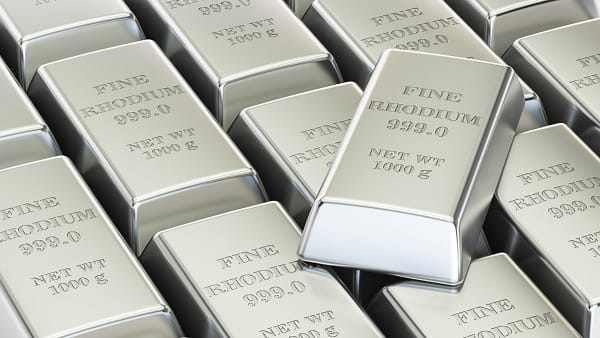
Deepening Insights Into Each Element
Californium-252 – Neural Star of the Periodic Table
This man-made element tops charts at around $750 million per ounce (~$27 million/gram) due to its tiny production (~30 µg yearly) and critical uses in nuclear reaction starting, neutron radiography, and even brain cancer treatment. Roles: nuclear physicists, radiologists, defense researchers.
Rhodium – The Automotive Queen
Rhodium commands about $4,600–6,000/oz due to its high demand in catalytic converters and upload in chemistry industries. It’s the rarest platinum-group metal—0.0002 ppm in Earth’s crust. Talk about tech meets treasure.
Iridium – Heat & Corrosion’s Champion
With a price tag of $4,000–5,000/oz, iridium’s resistance to heat and corrosion makes it indispensable in spark plugs, aerospace gear, and lab equipment. Niche but necessary.
Palladium – Emissions Enforcer
At $1,000–3,000/oz, palladium outpaces platinum with automotive tech demand. Its price soared during supply crunches spurred by geopolitical events. Ideal for environmental engineers.
Platinum – Timeless & Practical
Around $1,000/oz, platinum stays strong in jewelry, fuel cells, and chemical catalysts. A classic blend of luxury and utility.
Osmium – Hidden Dense Gem
Though trading at $300–450/oz, osmium stands out as Earth’s densest natural element with specific uses in pens and microscopy. A niche choice for precision tech.
Rhenium – Jet Plane’s Ally
Rare and robust, rhenium costs $80–300/oz. It strengthens jet engine alloys and refinery catalysts and is produced mainly in Chile, USA, Peru, and Poland.
Why These Elements Outshine Gold
- Ultra-Rarity – Some exist only in labs or require complex mining
- High-Tech Demand – Critical roles in health, environment, and flight
- Supply Constraints – Limited production and recycling
- Extremes Required – Heat, radiation, or weight tough industries
Related Links
Man Keeps ‘Gold Nugget’ for Years—Then Learns It’s a Priceless Meteorite from Outer Space
This Rare Metal Is Now More Precious Than Gold — Investors Are Taking Notice
Guide for Careers and Investing
For Professionals
- Explore engineering fields tied to these elements (aerospace, nuclear, environmental)
- Consider research or technical roles involving element extraction, alloy design, or emission control
For Investors
- While some have commodities or ETFs (rhodium, palladium), others like californium are inaccessible
- High volatility and limited liquidity—proceed with caution
For Hobbyists & Educators
- Learn the platinum-group metals’ role in everyday tech (e.g., catalytic converters)
- Visit science exhibits showcasing element samples or histories
Cultural Connection & Stewardship
In the profound and timeless wisdom of Native American traditions, every single element holds a spirit and a unique purpose. This beautiful perspective reminds us that the true value of these rare materials isn’t simply tied to their price in dollars. Instead, their worth is deeply connected to principles of respect, balance, and profound responsibility.
As we understand the importance of these elements in our modern world, let us be guided by this ancient wisdom. Let’s make a conscious effort to honor the Earth by using these precious resources wisely and with great care.
FAQs
Q: Are these truly more valuable than gold?
Yes—especially californium (~$750 million/oz) and rhodium (~$4–6k/oz).
Q: Can I buy them?
Unless you’re a national lab, no—only a few elements are available via investors; many are restricted or lab-only.
Q: Are they safe?
Most are non-toxic except radioactive ones like californium. Some are hazardous in powdered form—use at your own risk.
Q: Will prices come down?
Recycling and new deposits help but availability limits mean they’re likely to stay costly.
Q: What careers use these elements?
Fields include nuclear tech, automotive & environmental engineering, aerospace, jewelry, and high-tech manufacturing.


